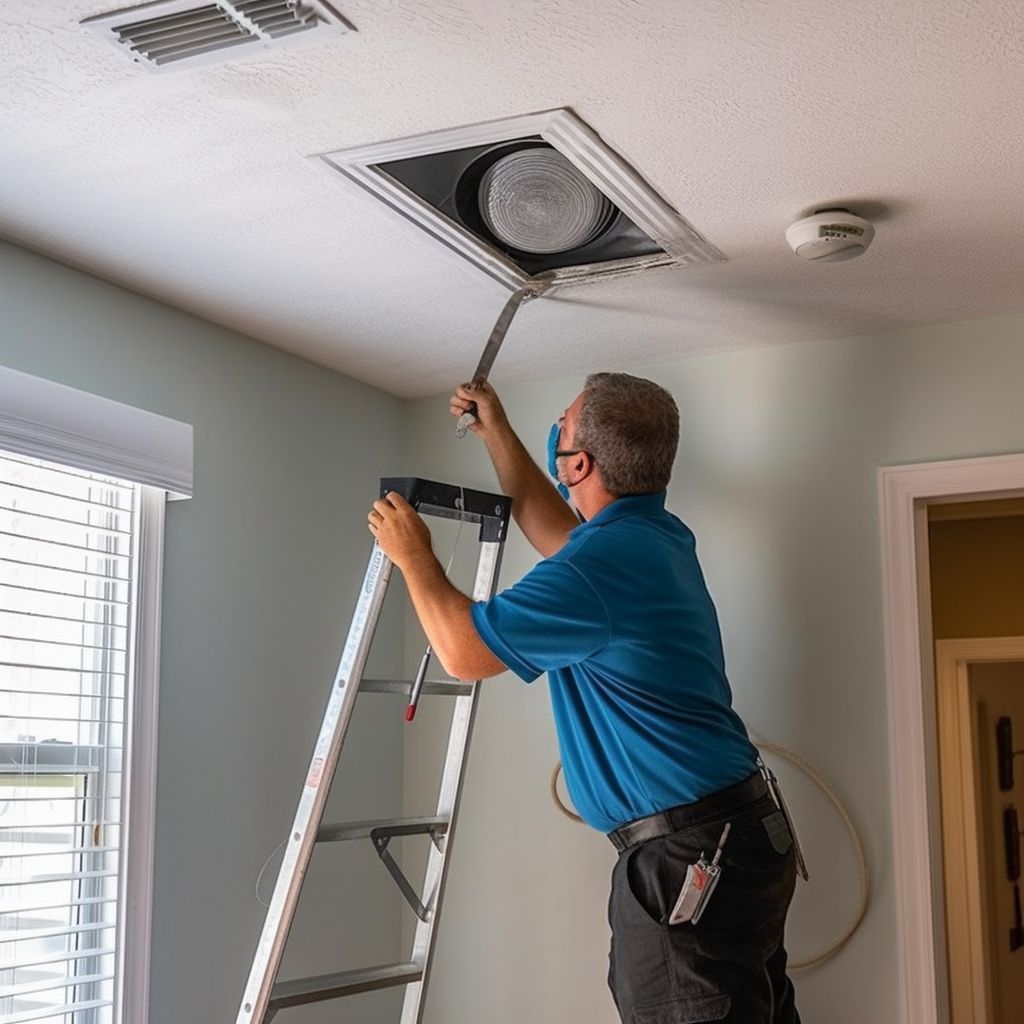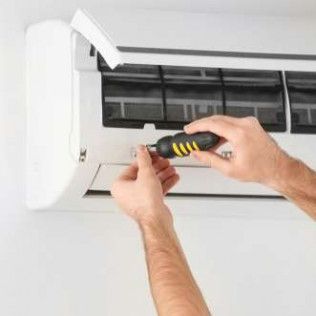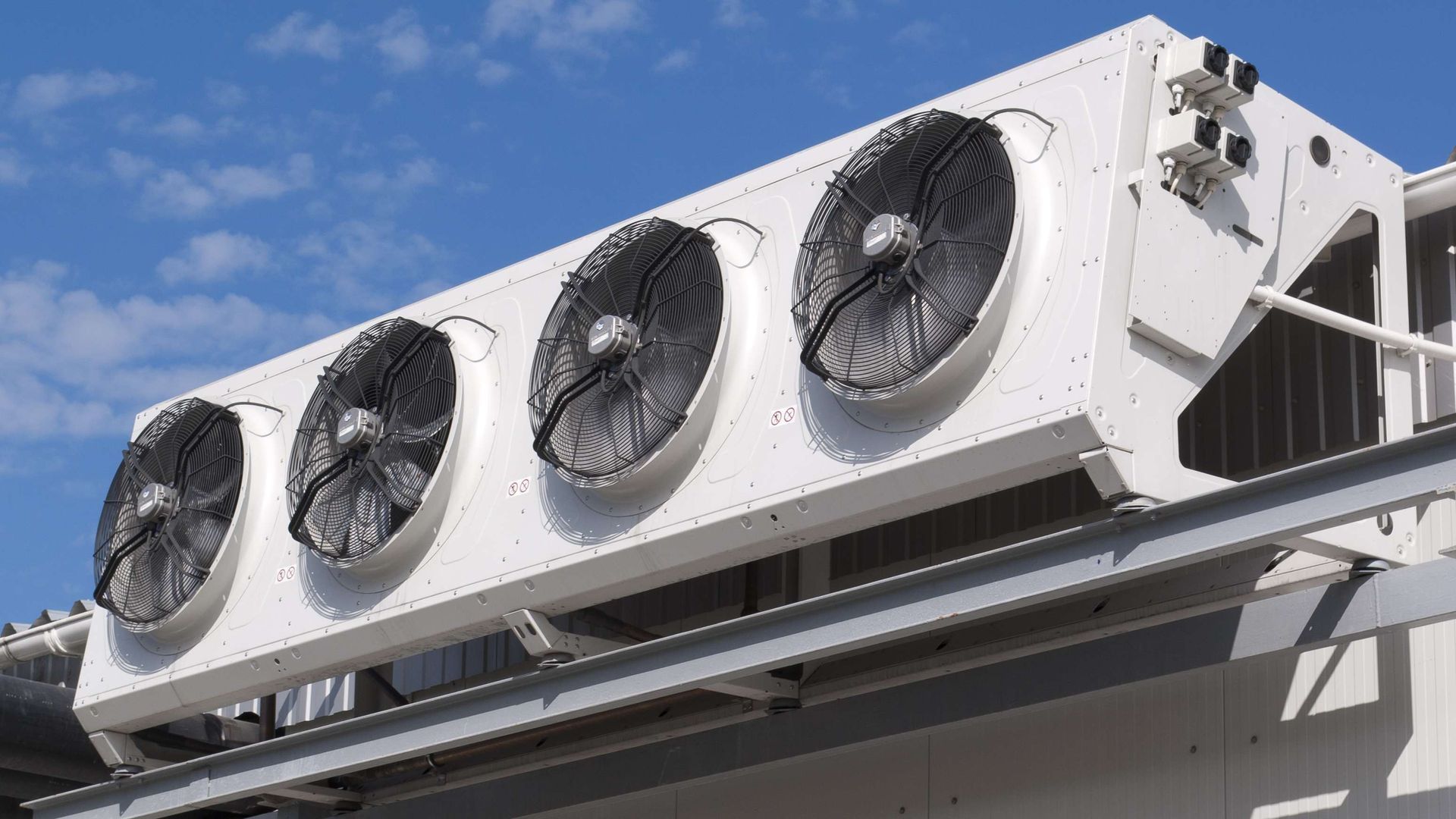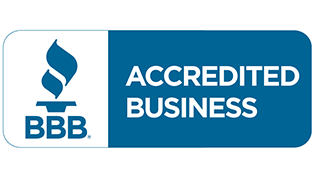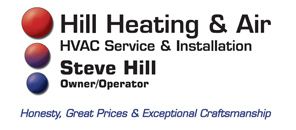Troubleshooting Common Heating Issues
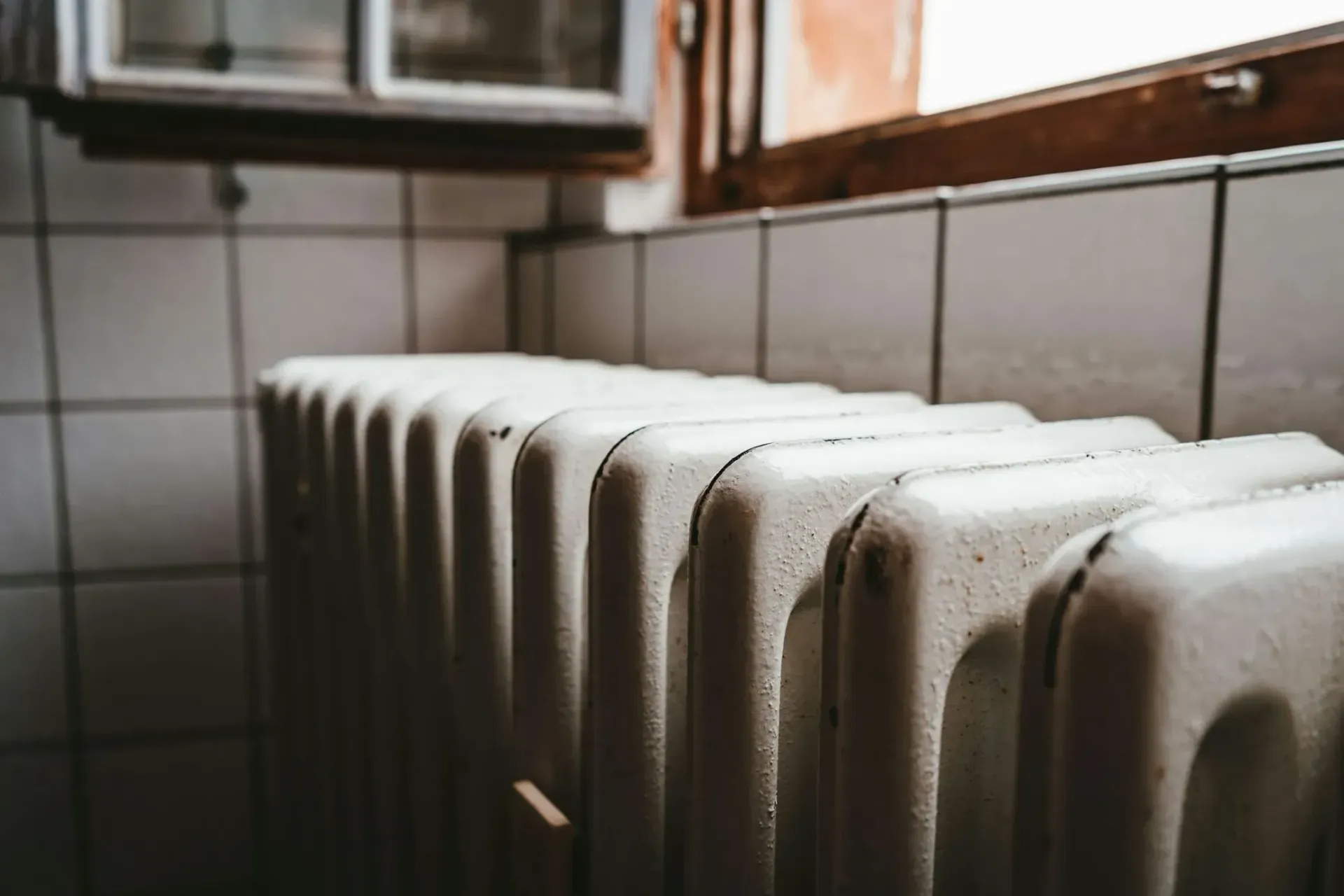
Heating systems keep your home warm in winter. But sometimes, they don't work as expected. Here's how to troubleshoot common heating issues.
First, check if your thermostat is set to heat. It might be on "cool" or at the wrong temperature. If it looks fine, inspect your circuit breakers. A tripped breaker can shut down your heating system. Check the power supply too. If it's not plugged in, that's your problem.
For more complex systems, like gas furnaces, the issue might be with the pilot light. If it's out, relight it following the manufacturer's instructions. For electric systems, inspect the igniter to see if it's working. If not, it could be a sign of a bigger problem.
With these basic checks, you'll likely find the cause of your heating trouble. If not, read on for more common heating issues and their solutions.
Heating System Won't Turn On
When your heating system won't turn on, it can be a major problem. Start by checking your thermostat. Is it set to "heat"? Sometimes it might be set to "cool" by mistake. Ensure it's set to the correct temperature. If it looks fine, move on to the circuit breakers. Tripped breakers can cut power to your heating system. Flip them back on if needed.
Next, check the power supply. Is the system plugged in? Cords can get loose, causing power issues. If you have a gas furnace, inspect the pilot light. If it's out, follow the manufacturer's instructions to relight it.
For electric systems, look at the igniter. If it's not sparking, there could be a wiring issue. This usually requires a professional to fix. If none of these steps work, it could be a more complex issue, like a faulty control board. At that point, it's best to call in an expert.
Uneven Heating in the House
Uneven heating means some rooms are hot, others cold. Start with the air filters. If they're clogged, airflow drops, leading to inconsistent temperatures. Change or clean them regularly.
Next, inspect the ductwork. Leaks or blockages can disrupt airflow. Walk along the ducts to check for signs of damage. If you find leaks, seal them with duct tape or mastic. Also, make sure vents are open and unblocked. Furniture or curtains can restrict airflow, causing uneven heating.
For homes with zone heating systems, you might need a professional's help. A faulty zone control can lead to uneven distribution. If these steps don't fix the problem, it could be a more complex issue requiring expert attention.
Heater Blowing Cold Air
A heater blowing cold air is a common problem. Start with the thermostat. Ensure it's set to "heat" and at the right temperature. Sometimes, simple adjustments fix the issue.
Next, check the air filters. If they're clogged, replace them. Clogged filters block airflow, causing your heater to blow cold air. If that doesn't work, inspect the pilot light for gas furnaces. If it's out, relight it following the manufacturer's guidelines.
For electric systems, the problem might be with the igniter. If it's not working, it often means a wiring issue or a faulty igniter. These require professional repair.
The blower motor can also cause this problem. If it's malfunctioning, your heater won't generate heat. If you hear unusual noises from the motor, it might be the source of the issue. When the motor is the problem, call a technician to avoid further damage.
Noisy Heating System
Noisy heating systems can be annoying. First, identify the type of noise: banging, rattling, or squealing. Each sound points to different issues.
For banging noises, check your ductwork. Loose ducts can cause these sounds. Tighten any loose connections. If it's a persistent problem, you might need to add more support brackets. Rattling noises often come from loose parts in the system. Inspect the furnace or heat pump for anything that might be loose and tighten it.
Squealing sounds usually indicate a problem with the blower motor. It might need lubrication or could be wearing out. In some cases, a worn-out belt can cause the squealing. If you're not comfortable addressing this, call a professional. Addressing noisy heating early can prevent further damage and costly repairs.
High Energy Bills
High energy bills can be a sign of heating system issues. Start by checking your air filters. Clogged filters force your system to work harder, driving up energy costs. Replace them every 1-3 months for best results.
Next, inspect your ductwork. Leaks can cause significant energy loss. Walk along the ducts to check for any damage. Seal leaks with duct tape or mastic to improve efficiency.
Another common cause is the thermostat settings. Ensure it's set to an efficient temperature. Lowering it a few degrees when you're not home can make a big difference.
Older heating systems are less efficient, which can also raise energy bills. If your system is 15-20 years old, it might be time to consider an upgrade. Modern systems are more energy-efficient and could save you money in the long run.
If you can't find a clear reason for high energy bills, consider getting a professional energy audit. They can identify hidden issues and suggest ways to improve efficiency. These simple steps can help reduce your energy costs and keep your home warm without breaking the bank.
Repeated System Cycling
Repeated system cycling means your heater turns on and off frequently. Start by checking the thermostat settings. Ensure it's calibrated correctly. A faulty thermostat can cause frequent cycling.
Next, examine the air filters. If they're dirty, your system may cycle more often to compensate for reduced airflow. Replace the filters if needed. If that's not the problem, look at the limit switch. A defective limit switch can trigger frequent cycling. This usually requires professional repair.
Another common cause is the fan motor. If it's overheating, it can lead to short cycles. Check for unusual noises from the motor, indicating it's struggling. If you notice any issues, call a technician to prevent further damage.
Frequent cycling can strain your heating system and shorten its lifespan. It's essential to address the cause quickly to avoid costly repairs or replacements. If these simple checks don't resolve the problem, it's best to consult a professional for a thorough diagnosis and solution.
Burning Smell from the Heater
A burning smell from your heater is concerning. If you notice it, turn off the system immediately. Safety is the priority.
Next, check for debris in the vents. Dust and other materials can cause a burning odor when heated. Clean the vents to remove any buildup. If the smell persists, inspect the wiring or motor for signs of burning or damage. These issues often require professional attention.
Also, examine the ductwork. Sometimes, objects can get stuck, causing a burning smell when the system runs. If you can't find the source of the smell, it's best to call an HVAC professional.
Ignoring a burning smell can lead to serious hazards, including fire risks. Addressing it quickly is crucial. If you're unsure about the source or can't fix it with basic cleaning, seek expert help immediately.
Conclusion
Regular maintenance helps prevent common heating issues. Change air filters, inspect ductwork, and check thermostat settings regularly. These simple tasks can keep your system running smoothly and reduce the need for costly repairs.
If your system still has issues after basic troubleshooting, it's best to call a professional. Some problems require specialized tools and knowledge. Regular maintenance checks by a professional can also extend the lifespan of your heating system.
To sum up, knowing how to troubleshoot common heating problems can save you time and money. But for complex issues, don't hesitate to seek expert help. It's the best way to ensure your home stays warm and safe.
Need help with your heating or air conditioning? Hill Heating and Air has you covered! Serving Ogden, Layton, Kaysville, Farmington, Bountiful, Woods Cross, Salt Lake City, Provo, Sandy, Taylorsville, Murray, South Jordan, Draper, Riverton, and Herriman, we're your local experts for all things HVAC.
Whether you need a new AC installation, repairs, maintenance, or heating services, we can handle it. Contact us today for reliable, high-quality service. Don't wait—keep your home comfortable all year round with Hill Heating and Air. Schedule your appointment now!
Frequently Asked Questions
How often should I replace my air filters?
Air filters should be replaced every 1-3 months, depending on usage and filter type. Homes with pets or allergies may require more frequent changes.
What should I do if my heating system keeps shutting off?
Check your thermostat settings and air filters first. If the problem persists, it could be a limit switch issue or a fan motor problem. In that case, call a professional for a thorough inspection.
Can I relight the pilot light on my gas furnace myself?
Yes, but follow the manufacturer's instructions carefully. If you're unsure, or the pilot light won't stay lit, contact a professional. Gas-related issues can be dangerous.
Why does my heater make strange noises?
Noises can indicate various issues. Banging might mean loose ductwork, rattling could be from loose parts, and squealing usually points to blower motor problems. Inspect the system to identify the source, but call a technician if you're unsure.
How can I improve my heating system's energy efficiency?
Regular maintenance is key. Replace air filters, seal duct leaks, and set your thermostat to an energy-efficient temperature. Upgrading to a modern, high-efficiency system can also reduce energy costs.
Contact Us
Contact Us
We will get back to you as soon as possible.
Please try again later.
HILL HEATING & AIR, LLC
South Jordan, UT 84095
CALL US
Phone: (801) 860-0655
HOURS | 24/7 AFTER HOURS AND WEEKENDS
- Mon - Fri
- -
- Sat - Sun
- Closed
HILL HEATING & AIR, LLC
Salt lake city , UT 84130 United States of America
CALL US
Phone: (801) 860-0655
HOURS | 24/7 AFTER HOURS AND WEEKENDS
- Mon - Fri
- -
- Sat - Sun
- Closed
Copyright © 2023 Hill Heating & Air, LLC, all rights reserved.

